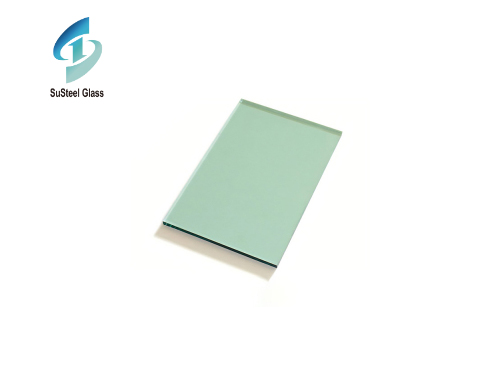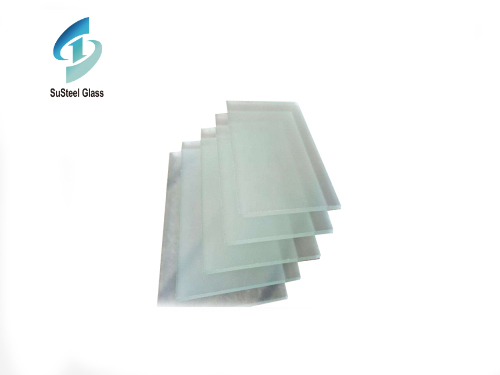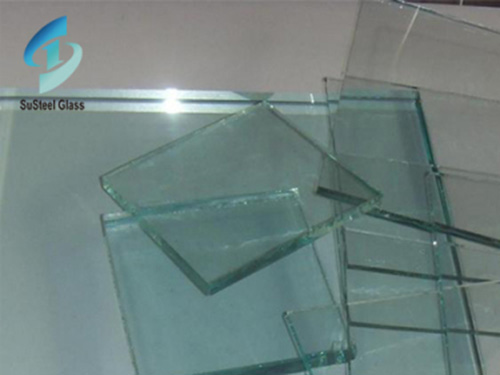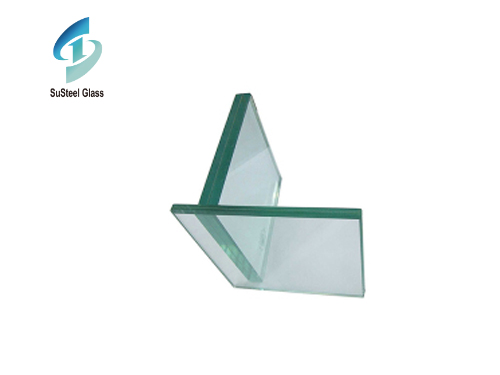
Phosphate glass is a kind of special glass material, which is mainly composed of phosphate and added with other oxides. Phosphate glass has unique chemical and physical properties that make it useful in many applications.
Firstly, phosphate glass has good chemical stability. Due to the special structure of phosphate, phosphate glass exhibits high corrosion resistance in corrosive media such as acid and alkali. This makes phosphate glass an excellent acid and alkali resistant material, which is often used in test tubes, reaction vessels and other utensils in chemical laboratories.
Secondly, phosphate glass has a lower coefficient of thermal expansion. Compared with ordinary silicate glass, the thermal expansion coefficient of phosphate glass is smaller. This means that phosphate glass deforms less when the temperature changes and has better thermal stability. For this reason, phosphate glass is often used as a heat-stabilized material, for example as a container or window in high temperature experiments, or in the manufacture of high temperature sensors and electronic components.
In addition, phosphate glass has higher radiation resistance. Phosphate glass is widely used in the nuclear energy industry because of its effective resistance to radiation damage. It is used to make radiation shielding materials in nuclear power plants and storage containers for nuclear waste. Phosphate glass can also be used as radiation detectors and radiation protection devices in nuclear medicine and radiation therapy.
In addition, phosphate glass has some special optical properties. It can conduct ultraviolet and visible light, but has a good absorption of infrared. This makes phosphate glass widely used in optical devices, such as infrared sensors, infrared lenses and so on.
 Exploring the World of Green Tinted Glass Products: Versatility and Sustainability
Exploring the World of Green Tinted Glass Products: Versatility and Sustainability
 Exploring the Versatility and Elegance of Custom Thick Glass
Exploring the Versatility and Elegance of Custom Thick Glass



